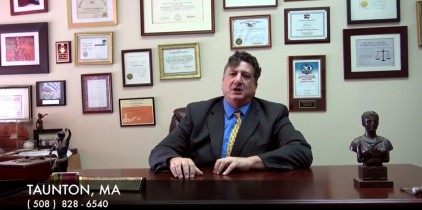Massachusetts is one of the few states in the country that allows debtors to choose whether they want to file state or federal bankruptcy exemptions. That means that the person who files for bankruptcy can look at the set of exemptions and choose which ones protects their assets.
A lot of them are not necessarily applicable, but there is the Homestead or Residential Property; which can protect a certain amount of equity in your home or principal residence. The Declaration of Homestead if it has been filed with the Registry of Deeds, may protect exempt up to $500,000.oo, and the value of your homestead. Even if you have not filed one, you may be exempt up to $125,000.00.
If you are elderly or disabled, you would likely be eligible for the exemption of up to $500,000.00, whether or not you have the Declaration of Homestead or not. If you or another individual both qualify, you may be eligible up to a 1 Million Dollars.
If you rent your principal resident, you may still be exempt an amount of money for each rental period, not to exceed $2,500.00 per month.
There are more details, but that is a general overview of the Homestead. There is Disability Insurance Benefits up to $400.00. For a car or motor vehicle you can exempt up to $7,500.00 in one motor vehicle, if it is used for personal transportation or to maintain employment. If it is owned or used substantially by a handicapped person; or a person over the age of 60, you may be able to exempt up to $15,000.00, in the vehicle.
There are exemptions for pensions and retirement amounts. You have personal property amounts, which can include necessary clothing and beds for debtor and family. An additional $15,000.00 in additional necessary household furniture; $1,225.00 in jewelry; a heating unit up to $500.00 per month for utilities; $500.00 in books; $600.00 in provisions and some of them are antiquated or not typical ones.
There are trade implements that you can exempt up to $5,000.00. There is unemployment compensation, which you exempt 100% of unemployment; a 100% of public assistance; 100% of the VA; for wages it can be 85% of your gross earnings; or 50 times the Massachusetts minimum hourly wage per week, whichever is greater.
There are wildcards, which you can do another $1,000.00 and some other exemptions; including, workers comp and different other exemptions. These are things that can change and can be updated, so it is important to look into what the law is.







